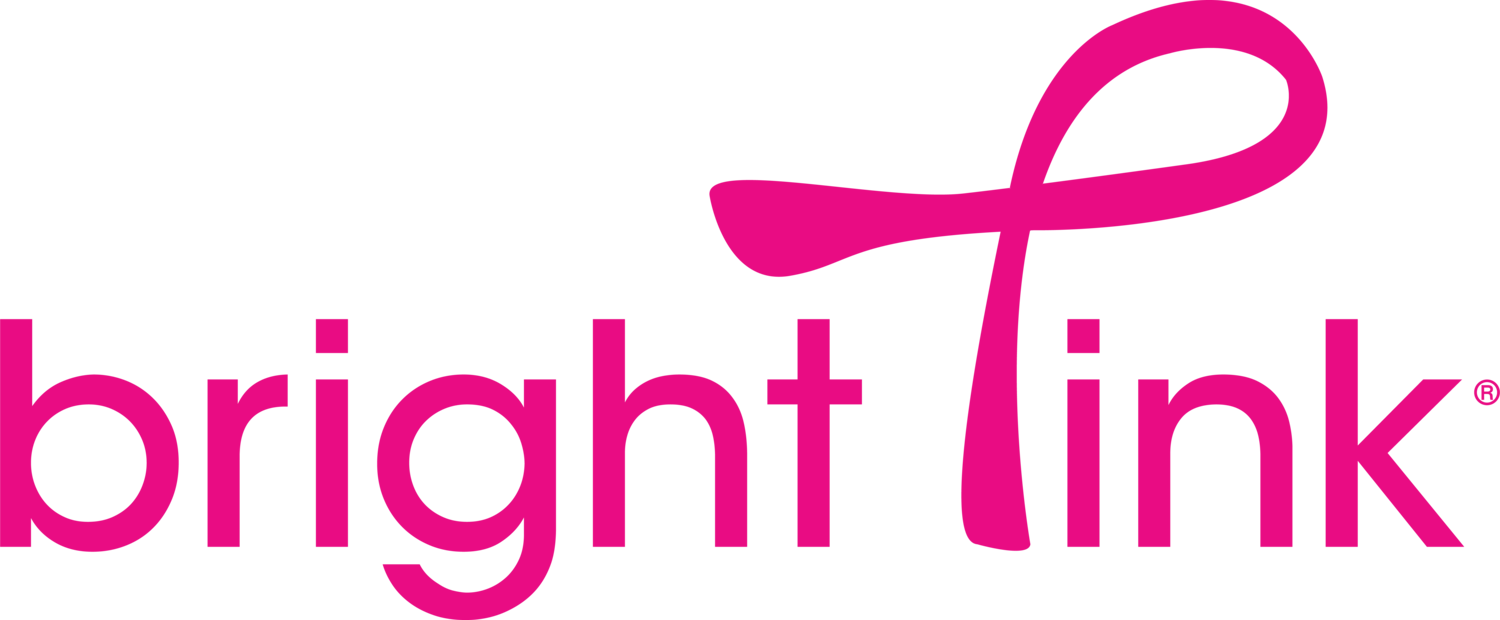Bright Pink X Komen
-
Black women are on average about 40% more likely to die of breast cancer than white women; have a lower five-year relative survival rate as compared to white women; and are more likely to be diagnosed at a younger age, at later stages, and with more aggressive types of breast cancer.
Komen’s 2021 Closing the Gap report, which studied quantitative data and personal reports of women living in the 10 cities with the greatest disparities, revealed multiple factors driving the inequities, including disparities in the provision and completion of genetic testing and counseling services within the Black community.
These disparities are the result of numerous systemic barriers limiting access to GC&T services among Black Americans, preventing them from participating in testing at the same rate as white Americans.
-
Many within the Black community mistrust genetic counseling and testing due to historical and current atrocities. However, if a safe, supportive environment that offered protections was created, the option of discussing family health history and considering GC&T could be more appealing. For some in the Black community, their faith community provides just such an environment.
Enter Worship in Pink -Komen’s longstanding volunteer-driven breast health education program powered by local faith-based organizations.
Komen hopes to test if building genetic counseling and testing education and support into this established and trusted initiative will help Black families feel safe, supported, and protected enough to consider GC&T.
For this pilot, Worship in Pink will be augmented to include a genetic counseling and testing component, bridging a conversation about the intersection of faith and wellbeing, with a focus on family health history, breast cancer risk, and culturally responsive GC&T educational materials. The call to action will be to “Know Your History, Know Your Risk,” and for those who are at higher risk due to a family history of breast cancer or ovarian cancer, consider genetic counseling and testing.
-
The effort reaches thousands of individuals through educational campaign at faith-based organization
A subset of the congregation attends Worship in Pink Workshops
Interest is piqued and high-risk constituents attend genetic counseling sessions and get tested
Komen learns key lessons about efficacy of initiative, and if successful begins planning for national expansion
-
Support crafting key breast/ovarian health messages
PR, Media & Influencer connections
Expertise in Driving Women to Genetic Counseling & Testing
Connections to Testing Companies
Mission Partner cohort
-
This project will lay the foundation for a program to be tailored and replicated both in the 10 cities where disparities for Black women are greatest and nationally as a mechanism to engage the Black community and encourage conversations about family health history including the important role genetic counseling and testing can play in making health care decisions.
The Worship in Pink program is currently in over 100 faith-based organizations, 89% of which serve a predominantly Black congregation. If this pilot is successful, the groundwork to scale nationally is already laid.
